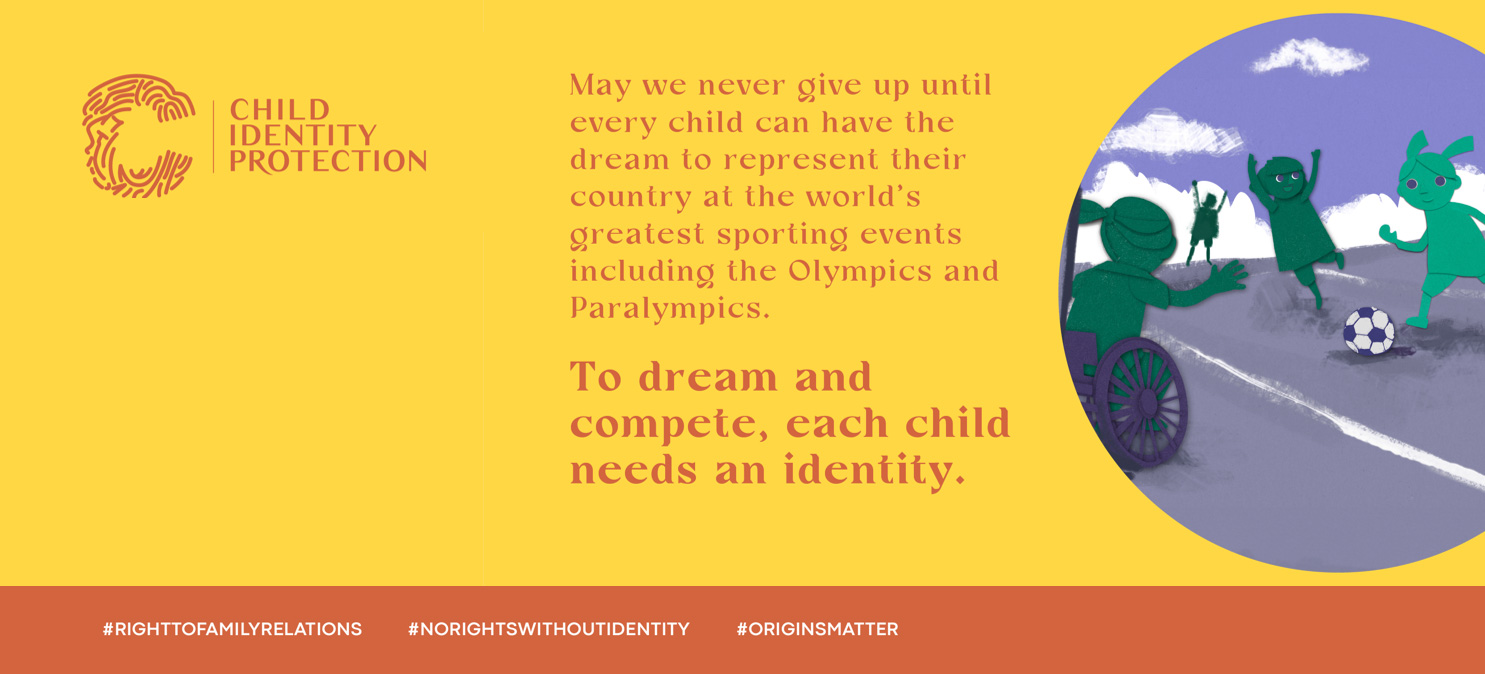
Identity at the 2024 Olympic and Paralympic Games
As we are all fascinated and impressed by the achievements of so many athletes and para-athletes at the Games that are now in full swing, proudly bearing their national identities and flags, CHIP would also like to raise the challenges faced by some of them, whose status, nationality or lack thereof has not allowed them to represent a nation or the country they identify with. A step forward to ensure their participation has occurred since 2016, as the motivation and sport spirit of the latter was recognised and the first Refugee Olympic Team participated in the Games in Rio de Janeiro in 2016. Amongst this year’s 37-strong team, hosted by 15 National Olympic Committees, one refugee has already won a medal. The stories of these refugees are all unique, but all have had to overcome trauma and displacement, which has undoubtedly made it complex for them to train and to live their dreams to date. These challenges remind us of the serious consequences for children and adults, whose identity has been affected by – sometimes multiple – displacements, or whose identity cannot be fully established or recognised when remaining without a nationality and its impact on the enjoyment of many other rights. As rightly said by UN High Commissioner for Refugees Filippo Grandi, ‘I have seen how sports can change lives, help people belong, be motivated, find hope again’.
For further information, see: UNHCR. https://www.unhcr.org/news/stories/largest-ever-refugee-olympic-team-makes-its-entrance-paris-games-open; https://www.unhcr.org/news/press-releases/paris-olympics-opening-unhcr-s-grandi-hails-refugee-athletes-beacon-hope-and; https://www.unhcr.org/news/stories/cindy-ngamba-wins-historic-first-medal-refugee-olympic-team.





